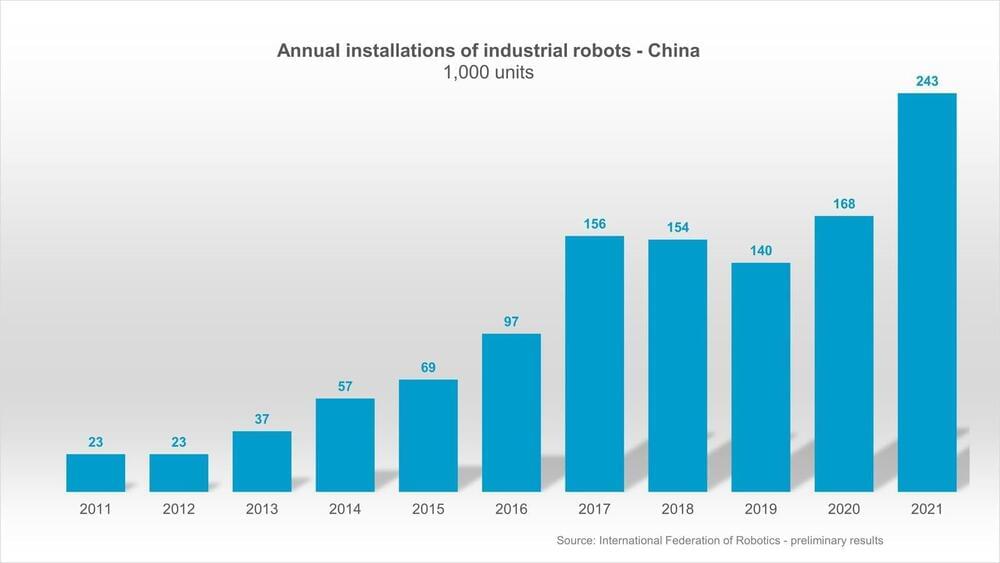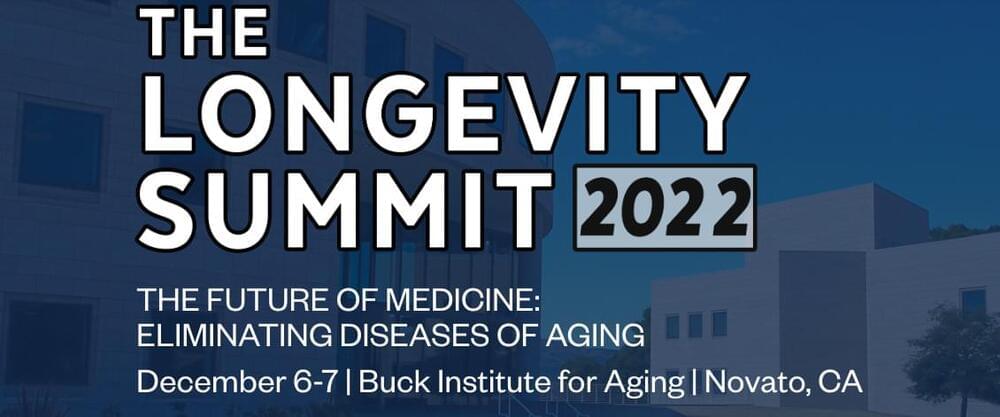Nov 9, 2022
Wireless power from space
Posted by Liliana Alfair in categories: business, government, solar power, space, sustainability
Solar power gathered far away in space, seen here being transmitted wirelessly down to Earth to wherever it is needed. ESA plans to investigate key technologies needed to make Space-Based Solar Power a working reality through its SOLARIS initative. One such technology – wireless power transmission – was recently demonstrated in Germany to an audience of decision makers from business and government.
The demonstration took place at Airbus’ X-Works Innovation Factory in Munich. Using microwave beaming, green energy was transmitted green energy between two points representing ‘Space’ and ‘Earth’ over a distance of 36 metres.
The received power was used to light up a model city, produce green hydrogen by splitting water and even to produce the world’s first wirelessly cooled 0% alcohol beer in a fridge before serving to the watching audience.

















